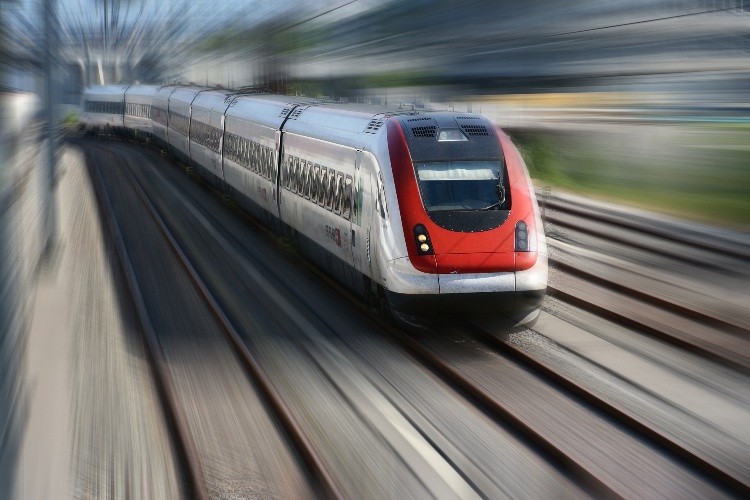Brussels – Rail passenger transport is on track to achieve its intended passenger facilitation and decarbonisation goals. This is according to the report published by the Platform on International Rail Passenger Transport and presented to the EU Council of Transport Ministers. The document positively assesses the progress made in achieving a single European train market, which allows citizens to buy tickets on a single platform and allows companies to operate in multiple states easily.
The report presented to EU transport ministers is a child of the third report of the Platform on International Rail Passenger Transport. This specific structure was created in 2020 to improve the conditions for developing international passenger rail services in Europe and achieving the Green Deal goals. Within it are various groups of the rail transport world, the most important of which is the Community of European Railway and Infrastructure Companies (CER).
Several points in which the European rail market has managed to improve emerge in the report: above all, the introduction of the universal digital ticket, a goal also present in the CER Roadmap. The path taken, the report points out, is the right one to arrive in 2025 at an open ticket sales and distribution model. With regard to ticket sales, some critical issues remain, such as in the case of some national legislations that restrict sales more than a month in advance.
Progress is also being made on the journey continuation agreement (AJC), which provides alternative solutions if a train is cancelled or delayed and does not allow travellers to connect with another train. Hungarian companies Mav-Start and Gysev recently signed the ACJ agreement giving new impetus to the project. In addition, to improve train punctuality in the EU, the rail industry is continuing to seek solutions to reschedule trainsets (both freight and passenger) more efficiently.
CER’s executive director, Alberto Mazzola, commented positively on the report: “European passenger rail services are developing and improving, and rail operators are eager to deliver results.” However, it must be emphasised that the progress made in the rail transport sector is also happening thanks to state and EU intervention, so much so that Mazzola added, “We seek the continued support of both national governments and European institutions to address the remaining obstacles and ensure the success of our commitments.”
English version by the Translation Service of Withub







